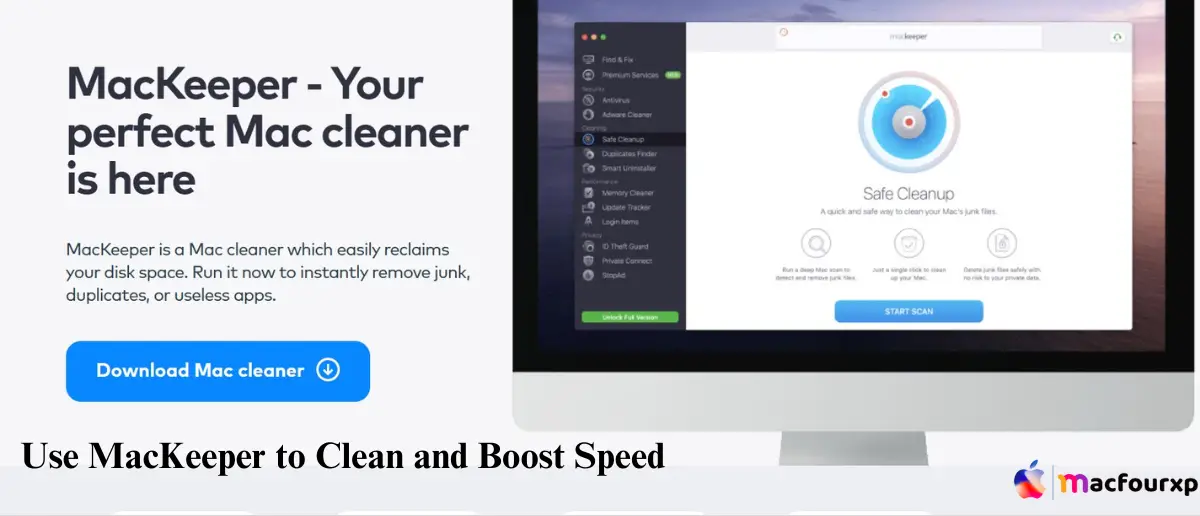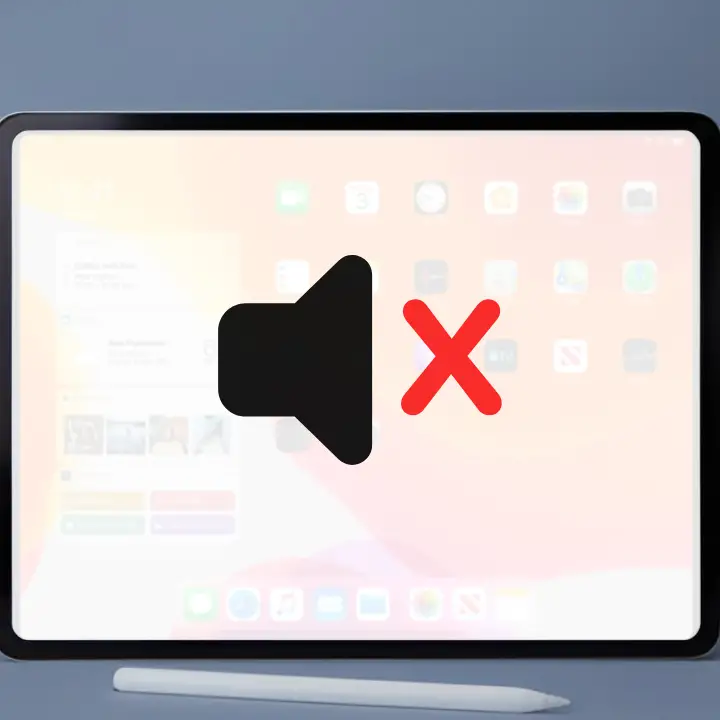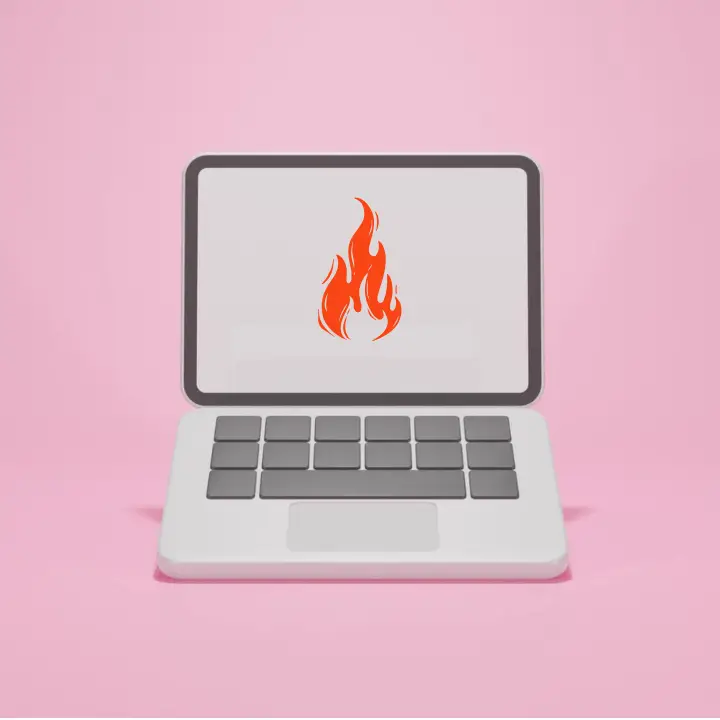
Welcome to mac4xp’s blog:
“Why is my Mac so slow when I have plenty of storage”
“Mac running slow fix”
“Mac slow and unresponsive”
“Mac running slow but CPU usage low”
“Why is my Mac so slow all of a sudden”
“iMac very slow to start up”
“why is my macbook running slow on startup”
“why is my macbook running slow after update”
“why is my macbook running slow and freezing”
“why is my macbook running slow after update”
“why is my macbook running slow after update”
If you are searching for answers to why your Mac is running slow, then this article is for you. We will show you “how to fix a slow MacBook” with our 7 proven methods that really work.
Is your Mac acting slow these days? Apps are taking forever to open, and everything feels laggy? Don’t worry – you are not alone. Over time, every Mac starts slowing down due to junk files, low storage, or hidden malware. The good news is you can fix it yourself without paying for expensive repairs or buying a new Mac.
✨
Here are 7 Proven ways to make your Mac faster today, I Personally use to keep My Mac running like New.
Fix Your Slow Mac in One Click
If you want a quick and easy way to speed up your Mac, MacKeeper is my top recommendation. I have been using it for months, and it works like magic. With just one click, it:
Clean Junk Files
Removes unnecessary files that slow down your system and frees up valuable storage space instantly.
Remove Malware
Detects and eliminates hidden threats, adware, and malicious software running in the background.
Free Up Memory
Optimizes RAM usage and closes memory-hogging processes for smoother app performance.
Find Duplicate Files
Finds duplicate files taking up space.
✅ Trusted by millions of Mac users worldwide
Restart Your Mac Regularly
Restarting your Mac clears temporary files and refreshes its memory.
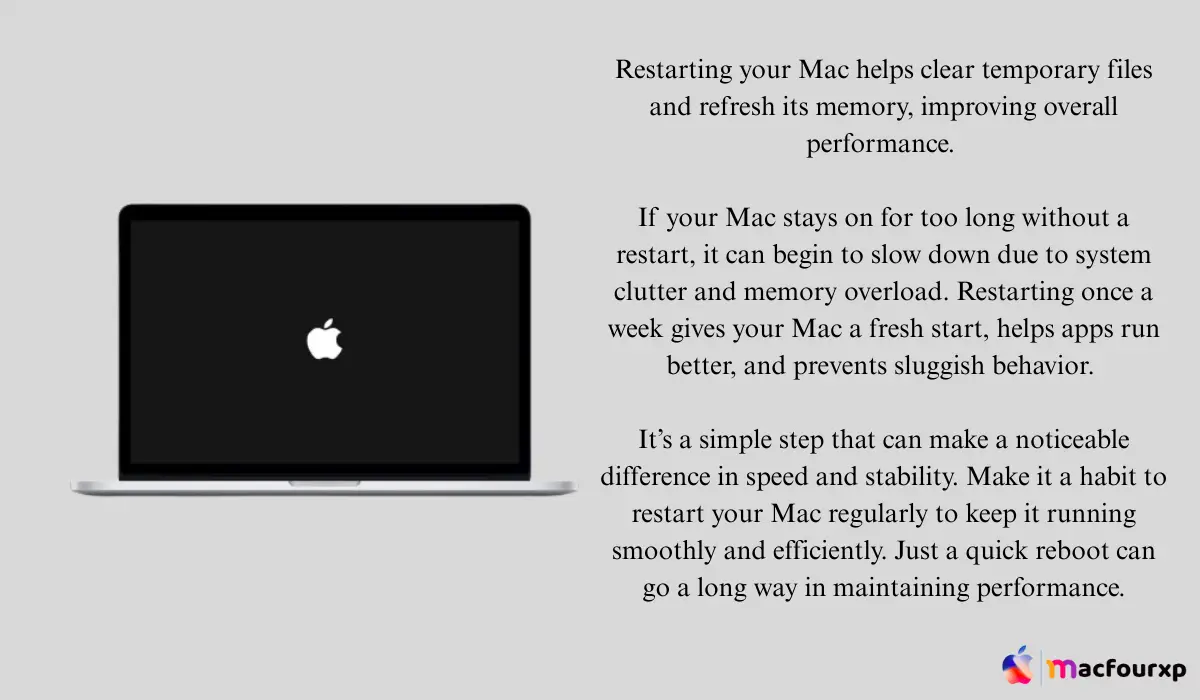
-
Restarting your Mac clears temporary files and refreshes its memory.
-
Keeping your Mac on for weeks without restarting can cause it to become slow over time.
-
Try restarting it at least once a week to keep it running smoothly.
Clean Up Junk Files
Your Mac collects lots of unnecessary files – system caches, logs, and old downloads. These files take up space and slow down performance.
Best way: Use MacKeeper’s Smart Cleanup to clean these files in one click without risking important data.

-
Your Mac collects lots of unnecessary files such as system caches, logs, and old downloads.
-
These files take up space and slow down performance.
-
Best way: Use MacKeeper’s Smart Cleanup to clean these files in one click without risking important data.
Free Up Storage Space
If your storage is almost full, your Mac will run very slowly. Delete old movies, unused apps, or move them to an external drive. You can also:
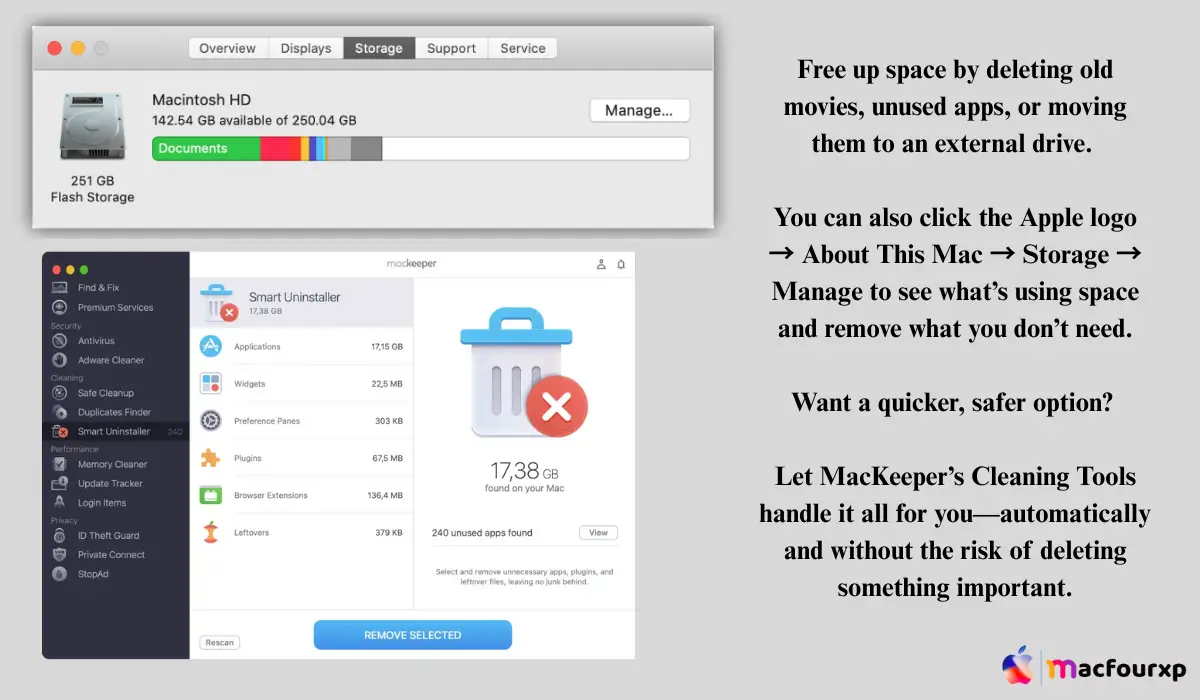
- Click the Apple logo – About This Mac – Storage – Manage
- Check what’s taking space and remove unnecessary items or simply let MacKeeper’s Cleaning Tools handle it safely.
Check for Malware and Adware
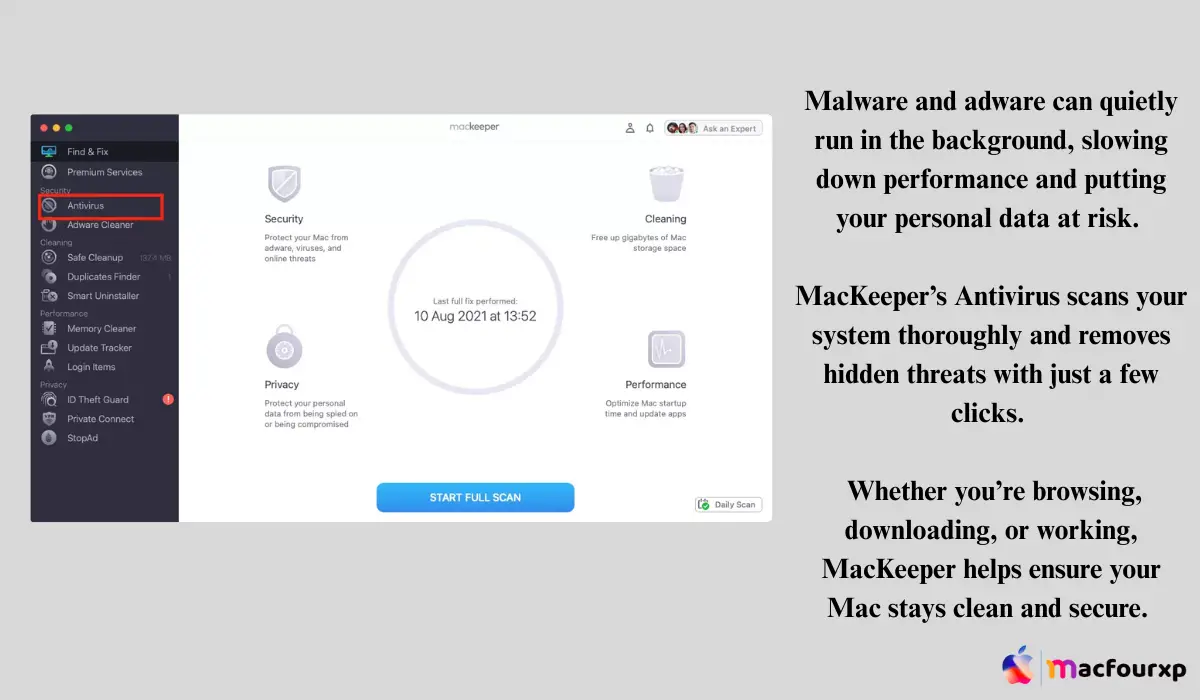
-
Many people think Macs can’t get viruses, but that’s not true.
-
Malware or adware running in the background slows down your Mac and can steal data.
-
Best way: Use MacKeeper’s Antivirus to scan and remove threats easily.
Remove Unwanted Startup Programs
Some apps start automatically when you turn on your Mac, making boot time slow.
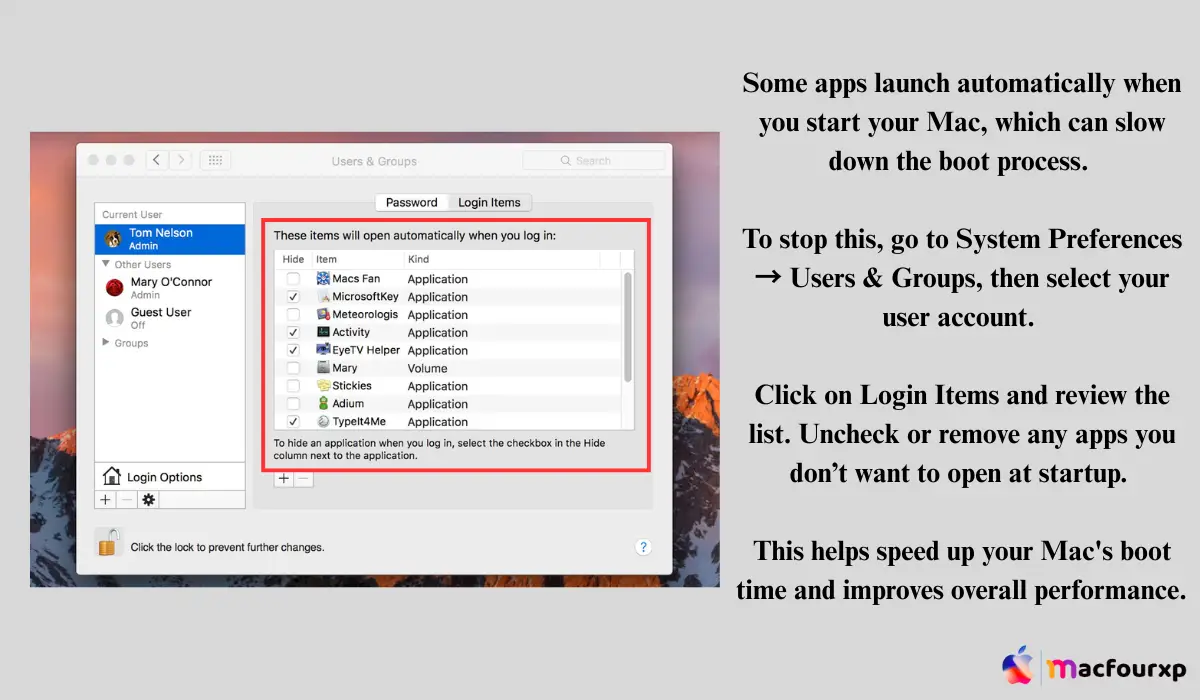
Here’s how to stop them:
- Go to System Preferences – Users & Groups.
- Click Login Items.
- Uncheck apps you don’t need at startup.
Update Your macOS and Apps
Apple releases updates to improve performance and fix bugs. Keeping your macOS and apps updated ensures your Mac runs smoothly and securely.
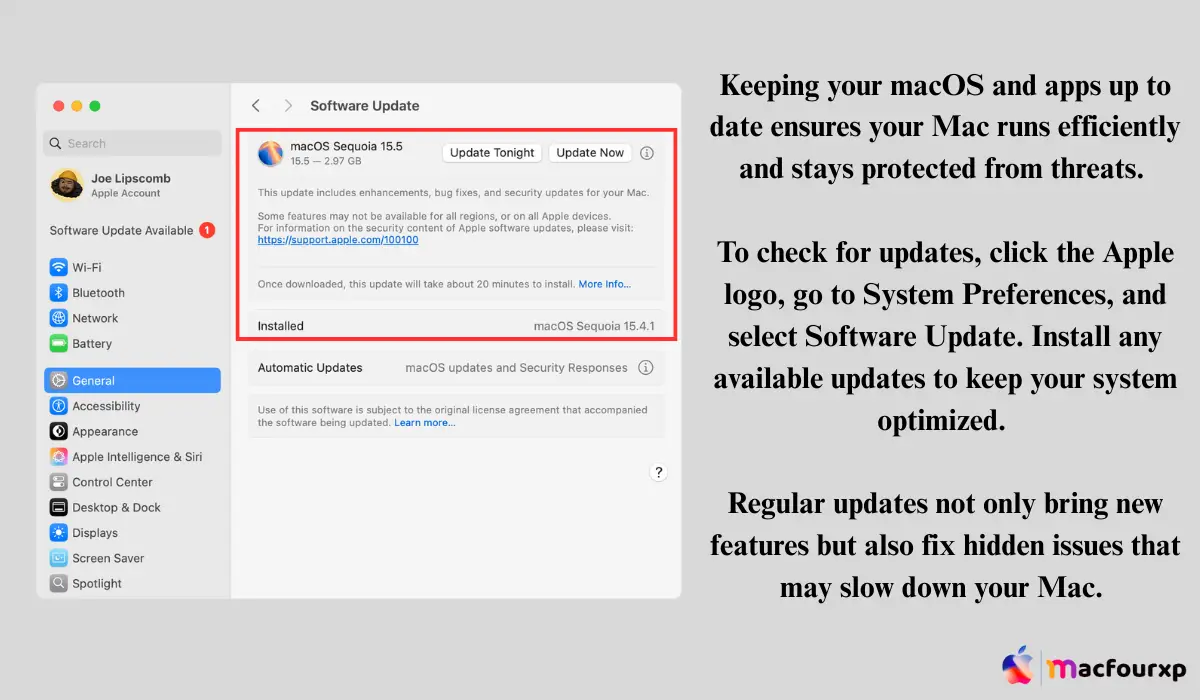
- Click Apple logo – System Preferences – Software Update.
- Install updates regularly.
READ NEXT:
(7 Solutions) To Fix An Error Occurred While Preparing the Installation
(6 Solution) To Fix “Erase Assistant is not supported on this Mac”
Is Your MacBook Struggling? These Fixes Help Fast

MacBook Lagging & Freezing?
Clear junk & optimize to stop the beach ball forever
Fix Lag Now →
Overheating & Loud Fans?
Deep cleanup reduces heat & noise in minutes
Cool It Down →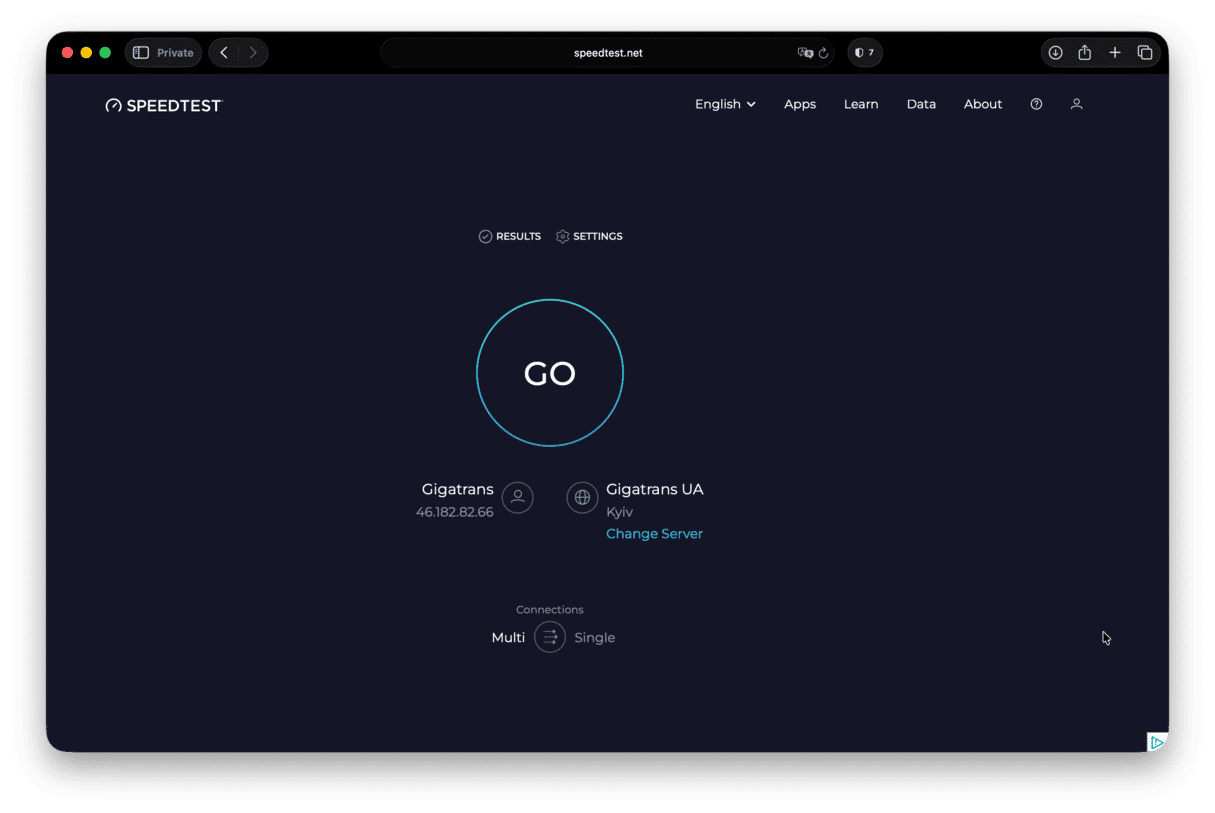
Want a Much Faster Mac?
One simple optimization can double your speed
Boost Speed →
Apps Freezing Randomly?
Memory & CPU boost stops crashes & delays
Stop Freezes →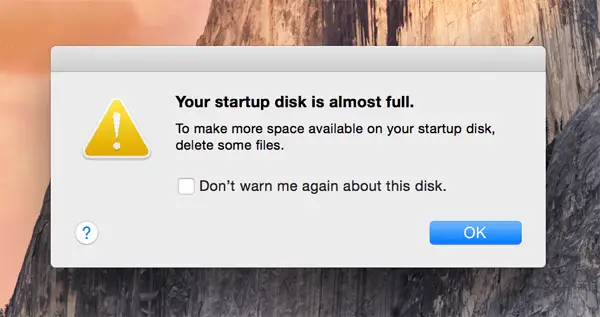
Storage Full & Slow?
Remove hidden junk & free up GBs instantly
Free Up Space →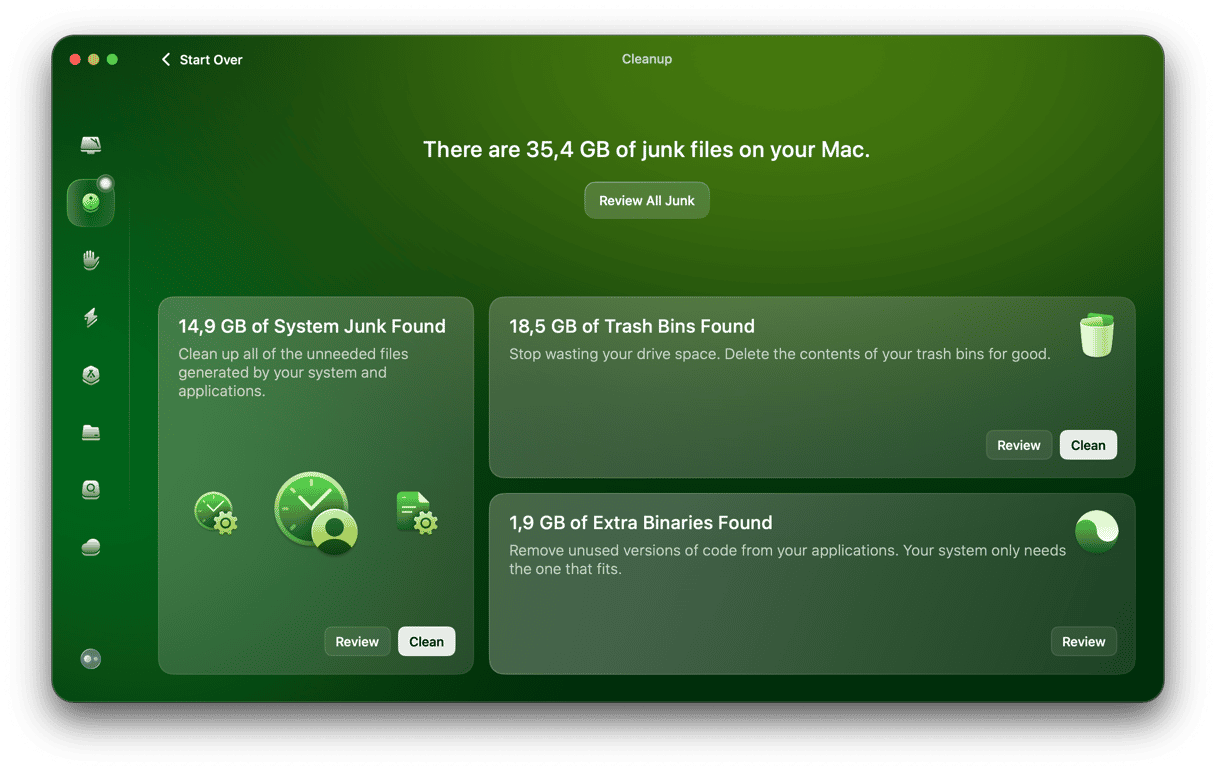
Old MacBook Too Slow?
Easy cleanup & protection – feel like new again
Revive It Now →Sponsored suggestions • Trusted by millions of Mac users worldwide

